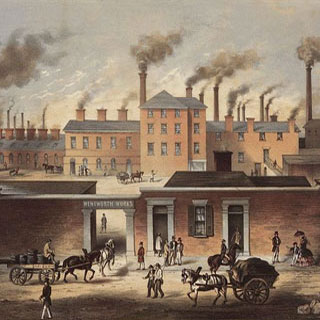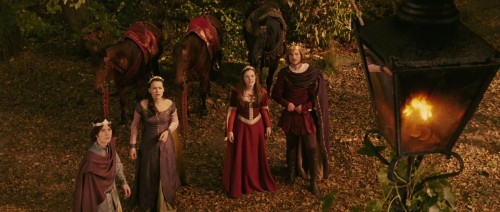
After a hiatus, I’m back. Sorry friends – it’s been a crazy life this past year or more. If anyone ever asks you to start an entrepreneurial initiative at a conservative religious college, maybe think a couple times before saying “yes” . . .
So, on the question above: “Can we find Christian vocation in the “secular” world of work?”
First I should say (but you know this already): It ain’t easy. It ain’t obvious. And for a lot of us, we’re just not sure it can ever really happen.
The other day I was at Upper House – a Christian study center on the campus of the University of Wisconsin–Madison – and I talked about this with a group of marketplace folks & pastors. Thought you might be interested to see the four stories I told to answer the question. [If these help you, or confuse you, or you think they’re bunk – unleash a comment or two. I’m always happy to engage.]
For those in a hurry, here’s the nutshell:
(1) This question is important to me personally
(2) There are (it seems to me) at least four questions lurking behind this question for many Christian folks
(3) Being a historian, I rooted around in the cellar of history and found four folks who I think can help us out with those questions
(4) Spoiler alert: Their names are Gregory, John, Charles, and . . . well . . . Clive.
OK, here goes, in five linked posts (my intro + the four guys & their answers):

 Many thanks to Scot McKnight for hosting Dave Moore’s interview with me on my new book, posted here today: at
Many thanks to Scot McKnight for hosting Dave Moore’s interview with me on my new book, posted here today: at 







 Medieval Wisdom for Modern Christians
Medieval Wisdom for Modern Christians






